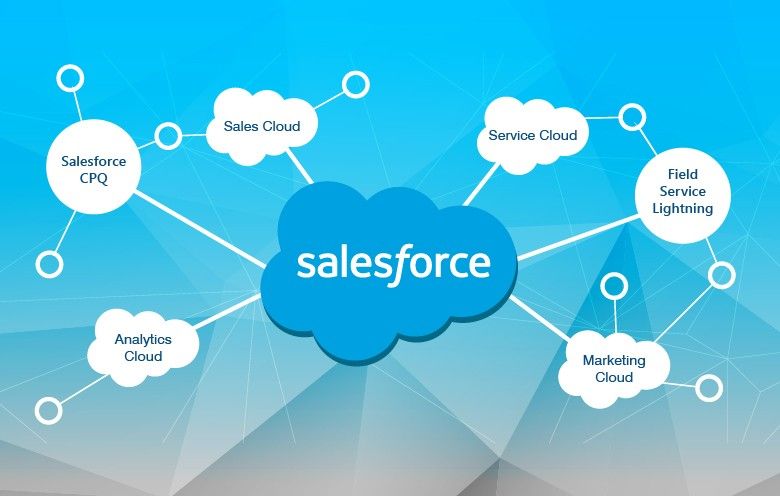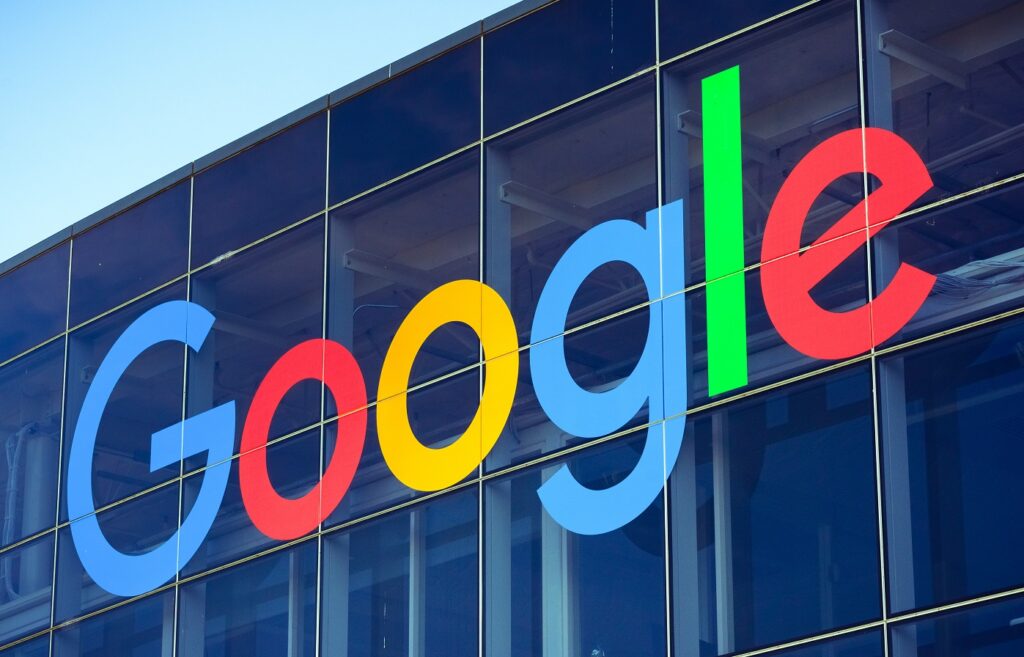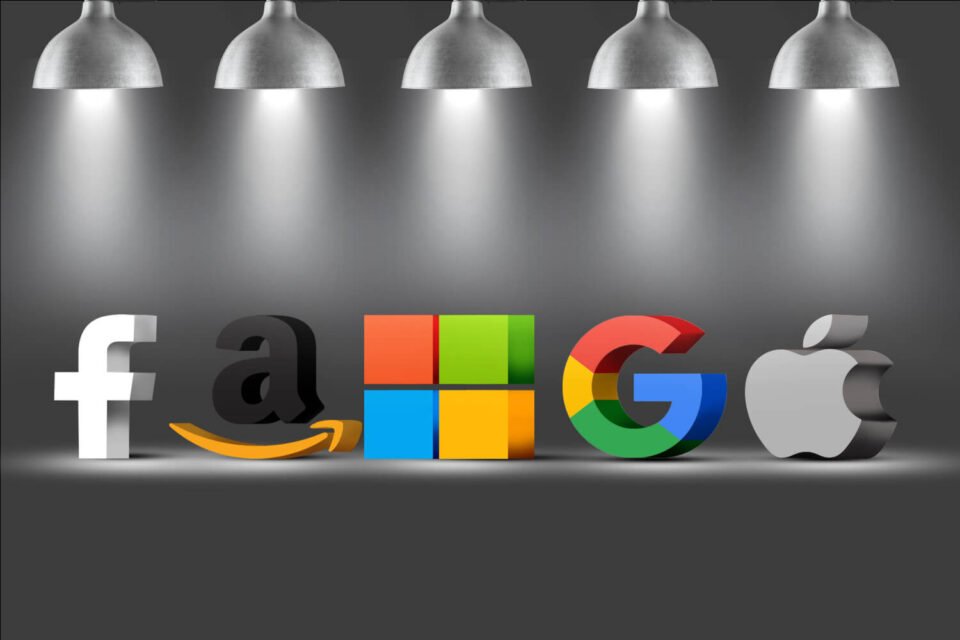Microsoft invests $10 billion in OpenAI, warning Amazon, Google, and others.
Microsoft (MSFT) is making every attempt to establish itself as the leader in AI among its Big Tech rivals. And the $10 billion investment made by the Redmond-based software behemoth in ChatGPT creator OpenAI may hold the secret to achieving that goal.
Microsoft will be able to deploy GPT-3, the service on which the generative AI chatbot ChatGPT is built, as well as other platforms thanks to the move, which Microsoft and OpenAI announced on Monday, across its numerous cloud-based services. And it might cause problems for competitors like Salesforce as well as Google (GOOG, GOOGL), Amazon (AMZN), and Google (CRM).

Gil Luria, a technology strategist at D.A. Davidson, told Yahoo Finance: “It tells you a lot that Microsoft is also announcing a major investment in OpenAI within a week of announcing quite substantial layoffs. Last Monday, Microsoft let go of 10,000 workers across many different areas.
It indicates that they believe a significant portion of Microsoft’s potential future growth can come from there and that the technology being developed by OpenAI can help them make significant advancements in a variety of their products.
The investments Microsoft has made should enable it to develop AI-powered enhancements to its Azure platform, provide better capabilities for its many productivity and workplace programs, and perhaps even elevate its Bing search engine to the level of a legitimate Google rival.
However, GPT-3 is not perfect, and Microsoft’s competitors aren’t just sitting back and waiting for the developer of Windows to become a dominant force in AI. They are investing their own money in an effort to cut off Microsoft.
Microsoft could gain an advantage over rivals thanks to OpenAI.
With the introduction of their DALL-E AI-powered image producing software in 2021, OpenAI became well-known. A new version was released by the corporation last year. Based on the prompts you set, the platform generates images. If you type “A cat riding a dinosaur digital art,” for instance, you’ll get a picture of a cat riding a dinosaur done in the manner of digital art. Although these are not ideal pictures, they convey the message.

Meanwhile, the generative AI chatbot ChatGPT may respond to questions with responses that resemble those of a human. It will answer questions like “How far is the moon from Earth?” and provide the information. You’ll get a really strange story if you ask it to write one about a manic barber who eats human hair.
However, OpenAI’s potential go beyond cats and hairdressers with an appetite for hair. It might benefit Microsoft’s cloud, enterprise, and search businesses, according to analysts.
Wedbush analyst Dan Ives stated in a research note that “OpenAI products can be integrated into multiple [Microsoft] platforms including Outlook and Office 365 productivity applications.”
“With ChapGPT, Azure cloud infrastructure can enable new applications not yet seen within the Azure ecosystem, such digital assistants and AI-based financial services,” he continued.
With those kinds of investments, Microsoft would be able to compete with Google and Amazon, which together control 34% of the global market for cloud services and are the market leader. Microsoft has a 21% market share.
Both Amazon and Google include AI capabilities in their cloud platforms, but OpenAI’s innovations are more well-known and may draw more users to Microsoft’s offerings

Utilizing OpenAI technology to enhance Microsoft’s Bing search engine is one of the company’s greatest potential opportunities. Bing is a distant second to Google’s search engine, which controls 92% of the market, with just 3% of the global market share.
However, Google Search provides responses in formal, impersonal language. With GPT-3-like powers, Bing would be able to respond to user queries in a more natural way and even let users ask and receive follow-up questions.
According to Luria, the introduction of generative AI into search would significantly alter the character of the market’s rivalry and give Bing a chance it hasn’t had in many years to compete with Google search. “Now that the search market is likely to turn into a…jump ball again,” someone said, “that is a really significant potential.”
Microsoft’s dominance is far from certain. However, there is no assurance that the billions Microsoft is investing in OpenAI will eliminate its competitors. Although ChatGPT, GPT-3, DALL-E, and similar technologies are amazing, they are not infallible.
For the platform to understand how to reply to requests, enormous amounts of data are needed. For example, ChatGPT is an offline-only platform that was trained using data from 2021, so you can’t ask it about the weather or even the results of the midterm elections.
Although the program responds more naturally than other platforms, which is impressive, it isn’t always correct. When you register for ChatGPT, OpenAI makes this statement.
Microsoft will find it challenging to unseat Google Search as the market share leader in searches globally. The name of the business appears frequently in online searches. In fact, it’s a verb that’s used to search for information online.
According to the number of users, Deepwater Asset Management managing partner Gene Munster stated in a research note that “Google is part of the fabric of the internet.”
“I think the corporation has four products, including Search, Chrome, Gmail, and YouTube, that have more over 1 billion monthly users. In addition, I believe they have two products, Google Drive and Google Photos, with more than 500 million monthly users. Maintaining customers is a significant competitive advantage for Google, therefore whatever GPT-3 announces must be 10 times better, according to him.
Microsoft will need to keep working with OpenAI to create tools that can outperform its rivals if it wants to prevail. Depending on how quickly the team can refine and integrate OpenAI’s technology with Microsoft’s services, that might take months or years. But if it succeeds, it may cause major problems for Salesforce, Google, and Amazon.




